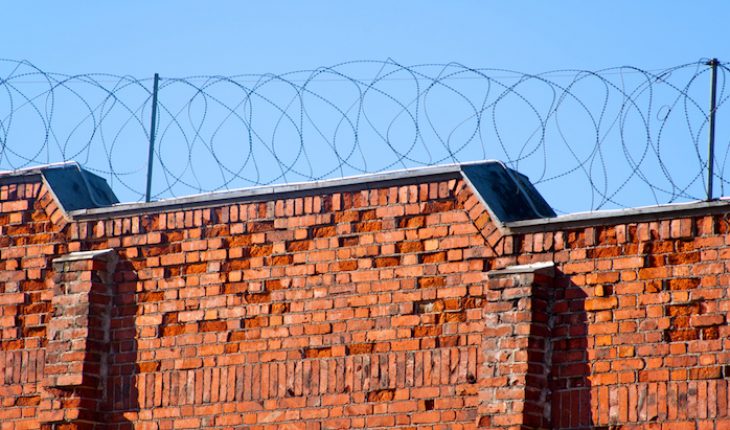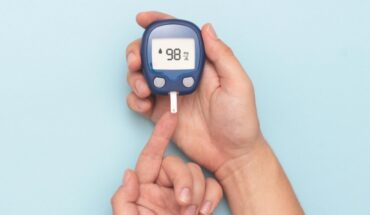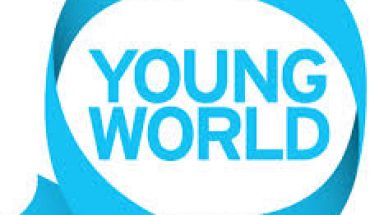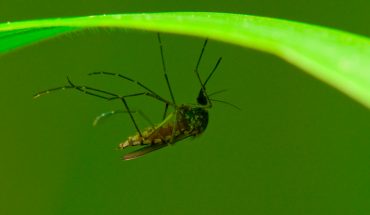When it comes to restrictive diets for cancer patients, I am sceptical but tolerant.
I’m not averse to patients trying anything – within reason. Two of my patients, on their own initiative, are using the alkaline diet, which claims to halt the spread of cancer by making the body fluids more alkaline, and they both tell me that it has helped them feel better. But I must say that there is no evidence that it has made any real difference at all. The only way to prove it would be to carry a randomised controlled trial on many different patients – some of whom use the diet and other who don’t. As far as I know, that has never been done.
The alkaline diet basically starts with the premise that cancer cells thrive in acid environments and will shrink and die in alkaline environments. Our bodies are normally very slightly alkaline – 7.2PH.
So the idea is that you eat lots of alkaline foods, such as squash, lettuce, tomatoes, celery, carrots, onions, chickpeas, spinach, cucumber, basil, parsley, olive oil, lemons, limes and watermelons to raise your PH level to around 8. At the same time, you avoid acidic foods like sugar, meat, dairy products, white rice and pasta and cut out coffee and alcohol.
In fact, if you test your urine on this kind of regime, you may well find that your urine levels are more alkaline than normal. So far, so effective. But there are two problems. The first is that the basic premise – that cancer cells thrive in acidic surroundings – is controversial. Yes, it can be shown in a laboratory but it has never been shown in human patients. And what happens in a test tube is often very far removed from real practice.
The second thing is that the body itself balances PH levels. It doesn’t matter what you eat. If your PH level rises, the body can alter this back to normal using mechanisms like increasing the pace of breathing and excreting more alkaline through the kidneys.The pH balance of the body cannot be changed for any meaningful length of time.
In theory, the alkaline diet is quite a healthy diet, but it can’t claim to beat cancer. It involves increasing your intake of vegetables which are packed with beneficial antioxidants that help to mop up damaging free radicals in the blood. It also means avoiding saturated fat which will improve your heart health and reduce levels of bad LDL cholesterol. But unfortunately, there are more extreme versions of the alkaline diet which may cause some health problems. The first priority should always be to make sure that you are getting sufficient calories if you are undergoing treatment for cancer – around 2000 a day. Any diet which restricts calories is a bad idea.
I’m also concerned about alkaline diets which cut out all dairy because this is an important source of Vitamin D – vital for bone health. Many types of chemotherapy can lead to brittle bones and although we now have medications to try and prevent this, it is important to maintain a diet which is high in calcium and Vitamin D. There are also studies that show that Vitamin D can extend cancer survival rates although it is not going to cure you if you have metastatic cancer which has spread to the bones already. And many sources of protein – which are vital for healthy tissue repair – are restricted or excluded on alkaline diets. You can eat fish and eggs on the alkaline diet, but not red meat. This is also a rich source of iron which is needed for healthy blood production.
And the alkaline diet is not the only questionable cancer-busting diet out there. I have looked at quite a few faddy diets which claim to help cancer patients over the 40 years I have been practising as an oncologist. I can honestly say I have never found one that does what it claims to do. Mostly, these diets help people who want to feel they are ‘doing something’ to help themselves when they a life-threatening disease.
When I visited the Gerson Clinic in Tijuana in Mexico, I saw patients – mainly Americans – were on very strict onerous regimes involving having raw carrot juice every hour and coffee enemas. The clinic is by the Pacific Ocean overlooking the sea and it is used mainly by people who have run out of other avenues to explore and are already very ill. It seemed to me that the lives of the patients were severely restricted by these measures, when they are already had very little time left. You could actually say that the diet was damaging their quality of life and the quality of life of their nearest and dearest. The people who run the clinic say they had evidence that Gerson therapy worked but I can’t find anything which has scientific credibility.
Dr Julian Kenyon, who runs the Dove Clinic in Hampshire, is a credible doctor who offers help to cancer patients in extremis, but his regime, based on changing diet and photodynamic therapy, is also questionable. It can also cost each patient around £20,000 which may be a big financial strain.
I never want to take away hope from my patients and I’m happy for people to explore all avenues to help themselves. I’ve got one patient who goes jogging after each chemotherapy session and he says it makes him feel great. Another eats a bowl of porridge before she has chemo and it helps her not to feel sick. But we have to be careful not to give false hope. The idea that there is any magic diet out there which can improve quality of life on chemotherapy or extend survival rates is a myth.
- Cancer backlog will become a national emergency - 4th June 2020
- Cancer –a story that concerns every one of us - 20th June 2017
- Restrictive diets - 15th May 2016






